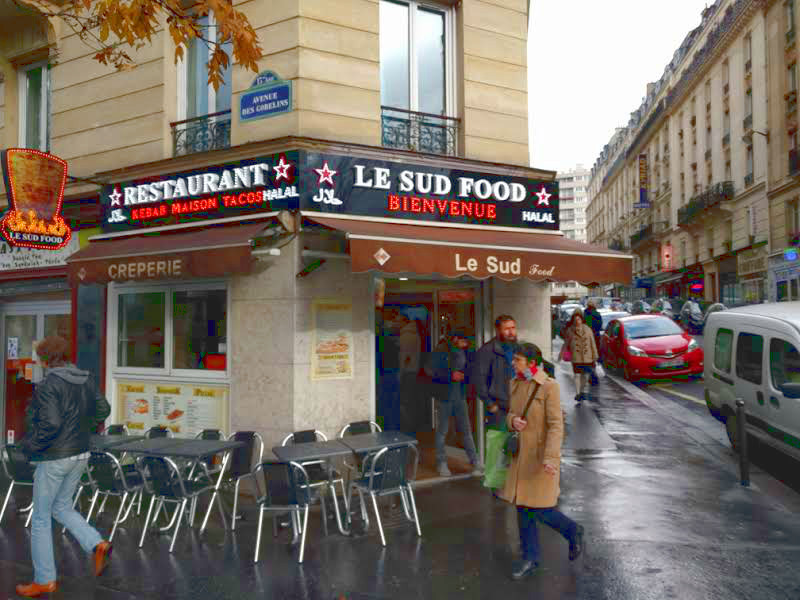Ross Douthat, "Is There an Evangelical Crisis?", NYT 11/25/2017 (emphasis added):
But it’s also possible that evangelical intellectuals and writers, and their friends in other Christian traditions, have overestimated how much a serious theology has ever mattered to evangelicalism’s sociological success. It could be that the Trump-era crisis of the evangelical mind is a parochial phenomenon, confined to theologians and academics and pundits and a few outlier congregations — and that it is this group, not the cultural Christians who voted enthusiastically for Trump, who represent the real evangelical penumbra, which could float away and leave evangelicalism less intellectual, more partisan, more racially segregated … but as a cultural phenomenon, not all that greatly changed. […]
Correction: November 26, 2017
An earlier version of this column misstated a possible belief among some Christians about how much a serious theology matters to evangelicalism’s sociological success. They may have overestimated it, not underestimated it.
Read the rest of this entry »



